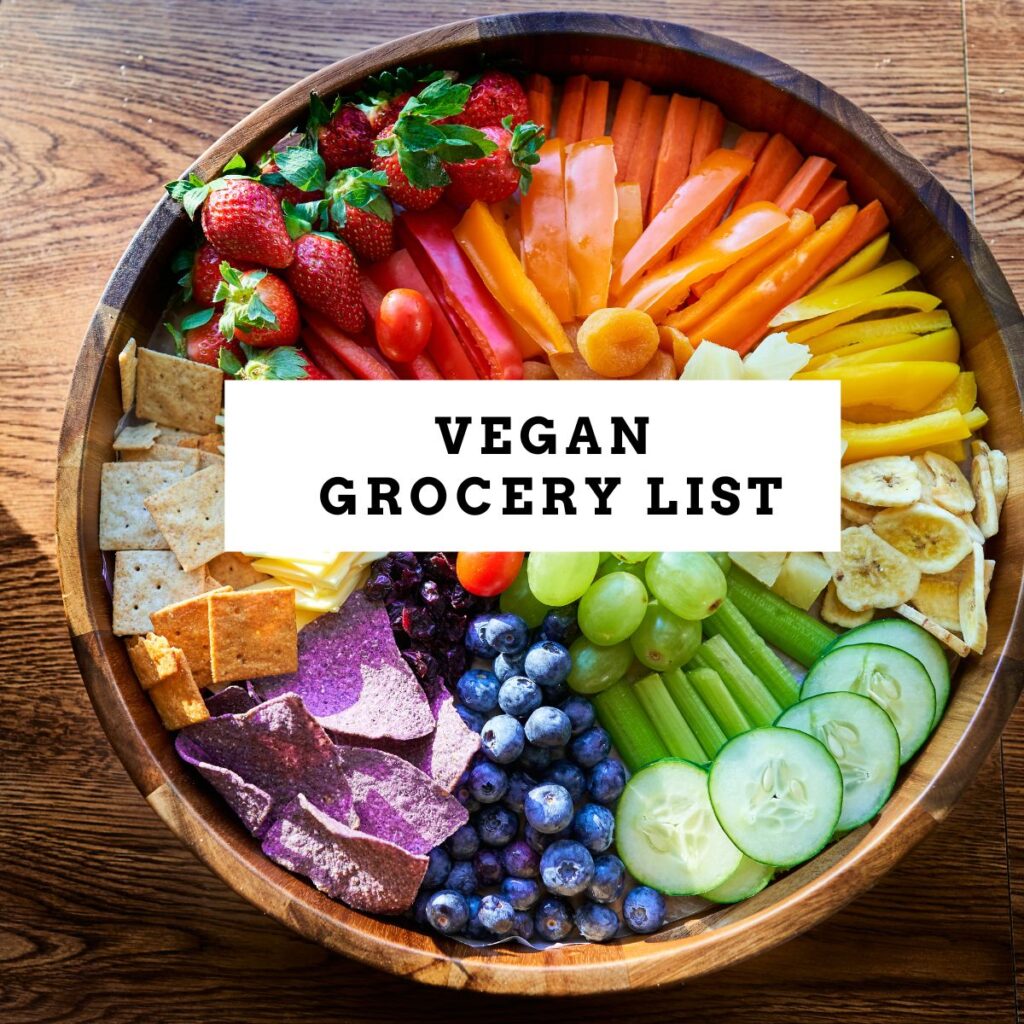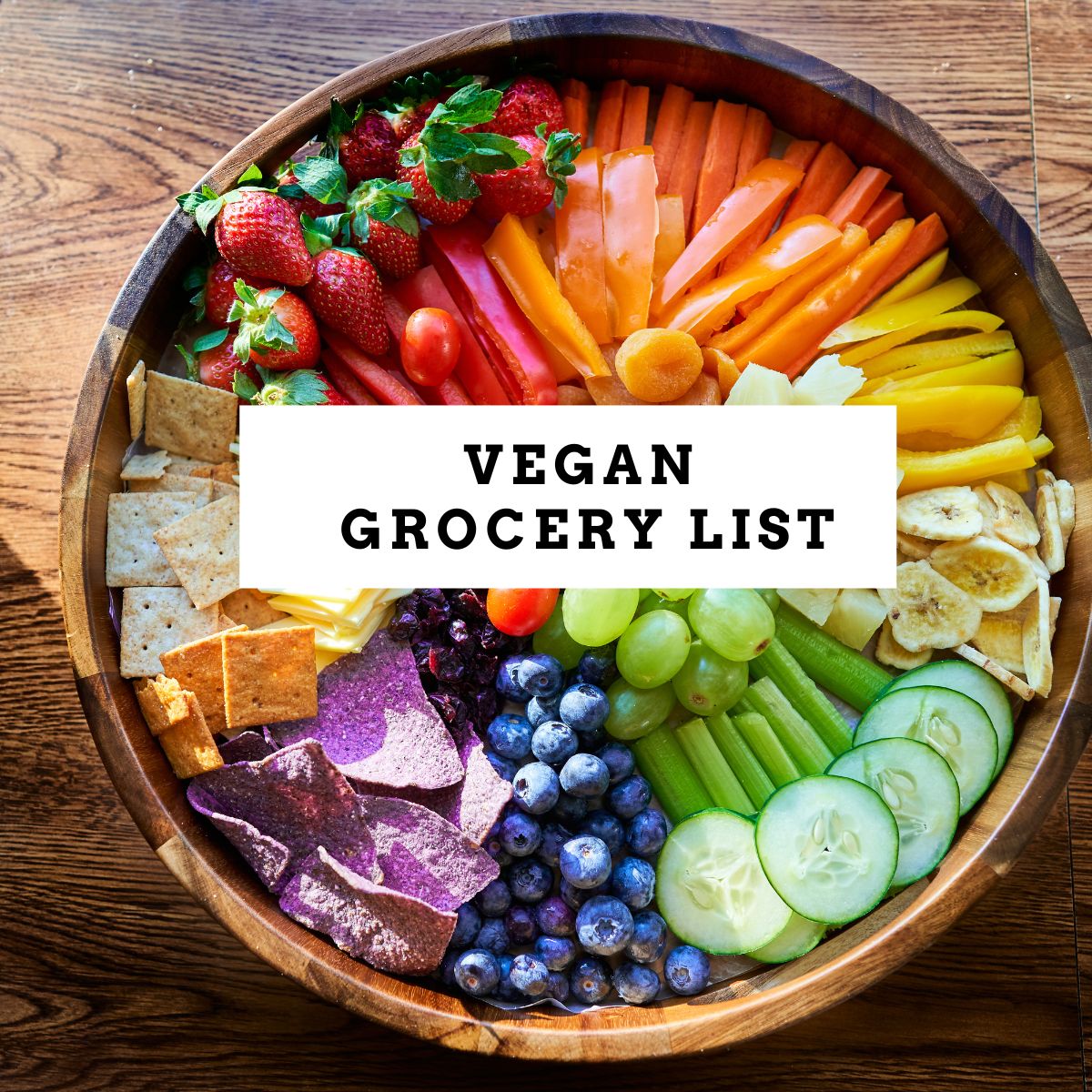Special diets cater to various health, ethical, and personal preferences, offering tailored nutrition that aligns with individual needs and values. Understanding the principles, benefits, and challenges of these diets can help you make informed dietary choices. In this post, we will explore some of the most common special diets, including vegetarian, vegan, gluten-free, and others, to provide a comprehensive overview.

1. Vegetarian Diet
Overview
A vegetarian diet excludes meat, poultry, and fish but includes plant-based foods like fruits, vegetables, grains, nuts, seeds, and dairy products.
Types of Vegetarian Diets
- Lacto-Ovo Vegetarian: Includes dairy and eggs.
- Lacto Vegetarian: Includes dairy but excludes eggs.
- Ovo Vegetarian: Includes eggs but excludes dairy.
Pros
- Health Benefits: Associated with lower risks of heart disease, hypertension, type 2 diabetes, and certain cancers.
- Nutrient-Rich: High intake of fiber, vitamins, and antioxidants from fruits and vegetables.
- Environmental Impact: Reduces carbon footprint and resource use compared to meat-based diets.
Cons
- Nutrient Deficiencies: Potential for deficiencies in protein, iron, vitamin B12, and omega-3 fatty acids if not properly managed.
- Social Challenges: Finding vegetarian options in some social settings or restaurants can be challenging.
Best For
Individuals seeking to improve their health, reduce environmental impact, or follow ethical beliefs regarding animal welfare.
2. Vegan Diet
Overview
A vegan diet excludes all animal products, including meat, dairy, eggs, and honey, focusing entirely on plant-based foods.
Pros
- Health Benefits: Lower risks of chronic diseases such as heart disease, hypertension, type 2 diabetes, and certain cancers.
- Ethical and Environmental: Reduces animal cruelty and has a lower environmental impact.
- High in Fiber: Promotes digestive health due to a high intake of fruits, vegetables, and whole grains.
Cons
- Nutrient Deficiencies: Higher risk of deficiencies in vitamin B12, iron, calcium, and omega-3 fatty acids. Requires careful planning to ensure adequate nutrient intake.
- Protein Sources: Need to combine various plant-based proteins to meet daily protein requirements.
Best For
Individuals committed to ethical eating, environmental sustainability, and improving their health through a plant-based diet.
3. Gluten-Free Diet
Overview
A gluten-free diet excludes gluten, a protein found in wheat, barley, rye, and their derivatives. It is essential for individuals with celiac disease, non-celiac gluten sensitivity, or wheat allergy.
Pros
- Health Management: Necessary for managing celiac disease and gluten sensitivity, reducing symptoms such as digestive discomfort, fatigue, and skin issues.
- Digestive Health: Can improve overall digestive health for those with gluten sensitivities.
Cons
- Nutrient Deficiencies: Risk of deficiencies in fiber, B vitamins, and iron, as many gluten-free products are less fortified than their gluten-containing counterparts.
- Cost and Accessibility: Gluten-free products can be more expensive and harder to find.
Best For
Individuals diagnosed with celiac disease, non-celiac gluten sensitivity, or a wheat allergy.
READ MORE: A Step-by-Step Guide to Healthy Eating
4. Paleo Diet
Overview
The paleo diet, also known as the caveman diet, focuses on foods presumed to be available to our Paleolithic ancestors. It includes lean meats, fish, fruits, vegetables, nuts, and seeds, while excluding dairy, grains, legumes, and processed foods.
Pros
- Whole Foods: Emphasizes unprocessed, nutrient-dense foods.
- Inflammation Reduction: Eliminates processed foods, refined sugars, and grains, which can reduce inflammation.
- Weight Loss: Can lead to weight loss due to high protein intake and the elimination of processed foods.
Cons
- Restrictive: Excludes whole food groups like grains and dairy, which can lead to nutrient deficiencies.
- Cost: High-quality meats and fresh produce can be expensive.
- Sustainability: Long-term adherence may be challenging due to dietary restrictions.
Best For
Individuals looking to reduce inflammation and improve overall health by focusing on whole, unprocessed foods.
5. Ketogenic (Keto) Diet
The ketogenic diet is a low-carb, high-fat diet designed to put your body into a state of ketosis, where it burns fat for fuel instead of carbohydrates.
Pros
- Weight Loss: Effective for rapid weight loss due to the body’s reliance on fat stores for energy.
- Blood Sugar Control: Can help manage blood sugar levels, making it beneficial for those with type 2 diabetes.
- Appetite Control: High-fat meals can be very satiating, reducing overall calorie intake.
Cons
- Restrictive: Limits many healthy foods like fruits, whole grains, and legumes.
- Nutrient Deficiencies: Risk of missing out on essential nutrients found in restricted food groups.
- Side Effects: Initial side effects, known as “keto flu,” include fatigue, headaches, and nausea.
Best For
Individuals looking for rapid weight loss and improved blood sugar control who can adhere to a highly restrictive diet.
6. Low FODMAP Diet
The low FODMAP diet is designed to help individuals with irritable bowel syndrome (IBS) and other digestive disorders. It involves eliminating foods high in certain fermentable carbohydrates (FODMAPs) that can cause digestive discomfort.
Pros
- Symptom Relief: Can significantly reduce symptoms of IBS and other digestive issues.
- Structured Approach: Provides a clear framework for identifying food intolerances.
Cons
- Complexity: Requires detailed knowledge of FODMAP-containing foods and careful meal planning.
- Restrictive: May eliminate many healthy foods, necessitating careful nutrient management.
Best For
Individuals with IBS or other digestive disorders seeking to identify and manage food intolerances.
Conclusion
Understanding the principles, benefits, and challenges of various special diets can help you make informed choices about which one may be best suited to your needs. Whether you choose a vegetarian, vegan, gluten-free, paleo, keto, or low FODMAP diet, the key is to ensure it aligns with your health goals, lifestyle, and personal preferences. Remember, it’s important to consult with a healthcare professional or dietitian before making significant changes to your diet.

